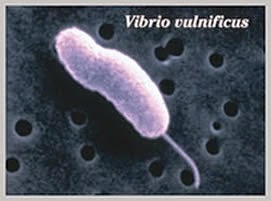Sign the petition to tell Governor Inslee to stop enabling plastic and pesticide pollution in Puget Sound, and stop transforming the critical marine habitat of Puget Sound. Sign here: http://www.thepetitionsite.com/267/157/164/governor-inslee-stop-enabling-plastic-and-pesticide-pollution-in-puget-sound/
It's not grandpa Taylor's oyster farm.
The intensity of aquaculture being promoted as a "preferred use" of Puget Sound's critical marine habitat is not what existed when the Shoreline Management Act was enacted. In fact, the current level of activities occurring now, and which this industry is pressing for more of, is exactly what the Shoreline Management Act was enacted to protect Puget Sound's critical marine habitat from.
Telling Governor Inslee that Taylor Shellfish
promotes clean water does not mean they
can lay plastic bags and tubes across the sediments.
Bill Dewey, Taylor Shellfish political lobbyist.
"Our industry generates as much as two Wal Mart stores!"
Well paid political lobbyists, attorneys, and contract scientists should not be allowed to convince the Governor and regulatory agencies that promoting "clean water" means they may now transform every marine habitat in Puget Sound. Nor should it mean they should be allowed to work at any hour of the night and drive wildlife out of Puget Sound.
Look - our PVC feeds Scoter (diving ducks).
"It's mutually beneficial."
Agencies believe this? And is that Scoter
on the right going under the net?
What money can buy from these contract scientists was seen recently in Sequim where Taylor Shellfish tried to convince Clallam County residents a 30 acre PVC forest would be good for the wildlife. Within that presentation a series of slides was put together showing Scoter diving and eating mussel off of PVC tubes. It was little more than a well staged promotion, in which the netting which blocks Scaup, and other diving avian native to Puget Sound from their food source, was pulled back. Exposed, growing on the artificial "structure" was the food source which netting is in place for up to two years to keep these native species away from. (Click here to see the entire "show" presented by Taylor's contract scientists.)
If you believe that, then look...
it's a flounder swimming between tubes.
This is habitat at its best.
Nets? Oh, well, we were hoping you wouldn't ask.
Get involved. The shellfish industry has been for a long time and they have the money to create the impression that PVC "habitat" is good for Puget Sound. Unfortunately, some politicians and some in the regulatory agencies believe it.



























